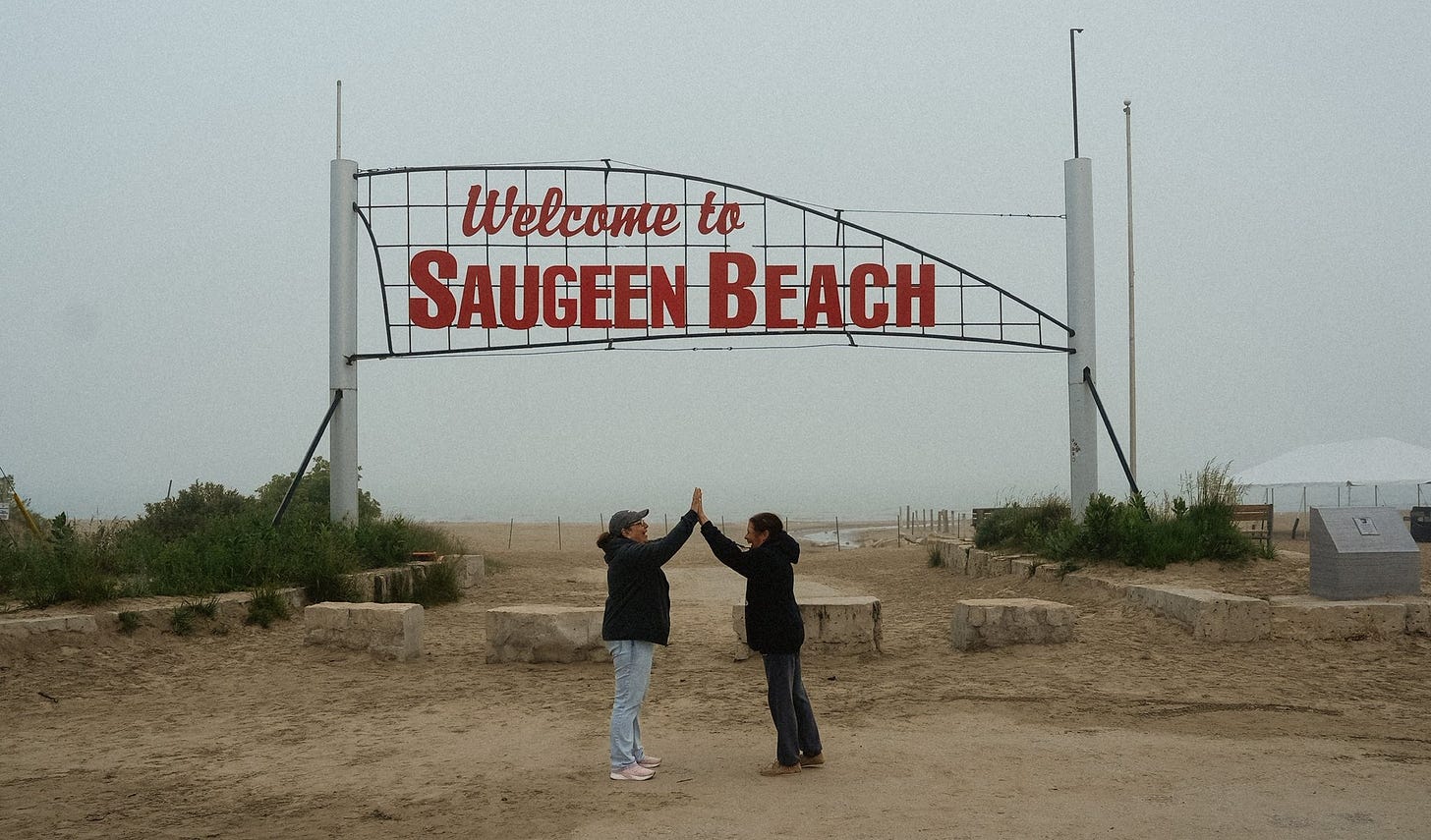From Sauble to Saugeen Beach: Sign Change on Canada Day Signals Land Reclamation
The Sauble Beach sign was changed to “Saugeen Beach" for July 1, marking a milestone in Saugeen First Nation’s land reclamation efforts and drawing mixed reactions locally.
This Canada Day, residents and visitors awoke to find a prominent symbol at the heart of one of Ontario’s most recognizable beaches had changed. The sign that once read “Sauble Beach” now reads “Saugeen Beach.”
It marks the end of one era — and the reassertion of a much older one.
The sign stands on…
Keep reading with a 7-day free trial
Subscribe to The Owen Sound Current to keep reading this post and get 7 days of free access to the full post archives.





